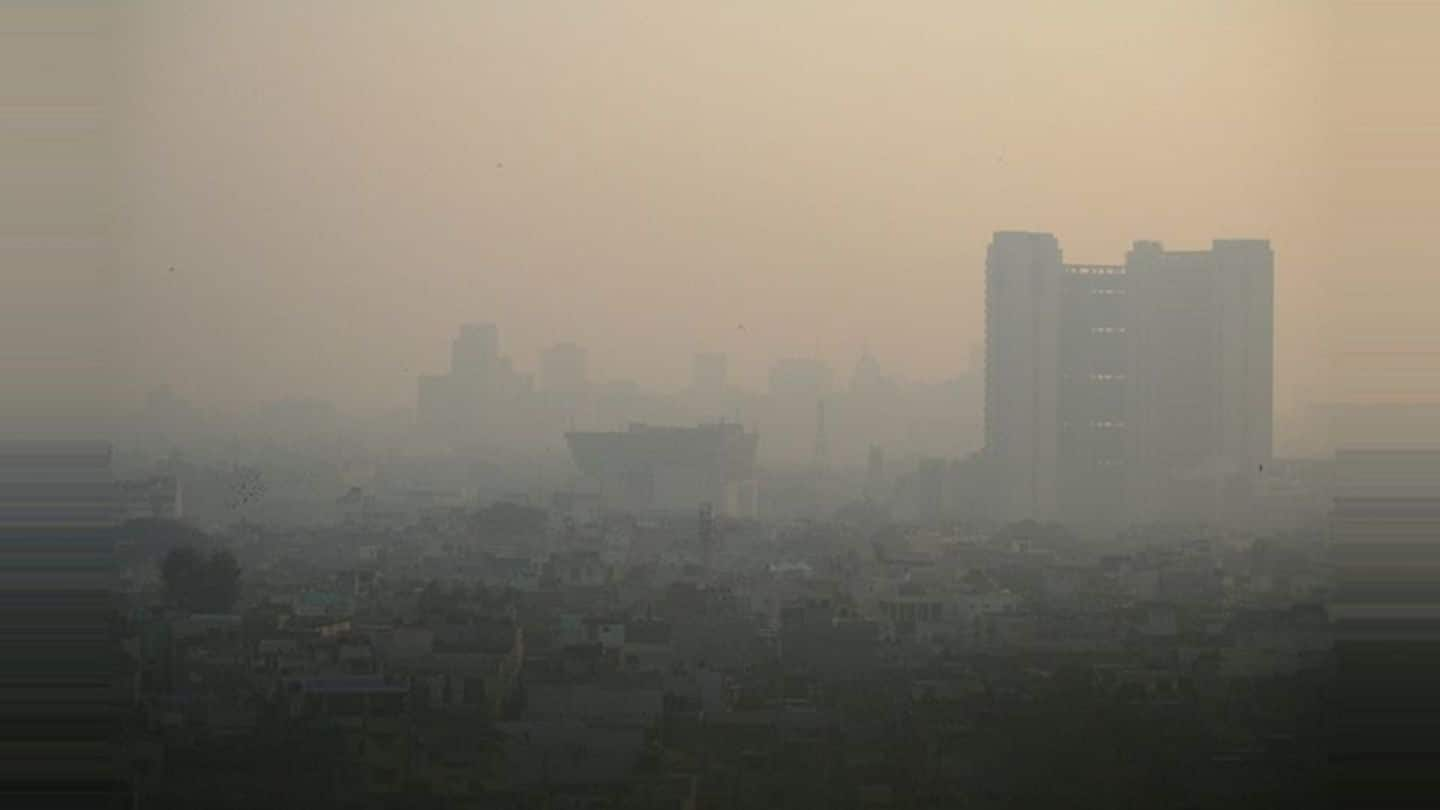
Pollution woes: Instead of crackers, SC should ban this fuel
What's the story
As if Delhi was not crumbling under pollution from coal plants and exhaust from cars, high imports of a fuel more polluting than diesel and petrol, petcoke, adds to Delhi's pollution woes.
In Delhi, air pollution causes about 3,000 deaths a year, i.e. eight deaths a day.
What is petcoke and why is it dangerous? Is it produced domestically? Know more!
About
What is petcoke?
Petroleum Coke, known as petcoke, is a high carbon by-product of the oil refining process, which in its raw form, is used as a coal substitute.
Moreover, when burnt, it produces 5-10% more global warming CO2 than coal.
Due to its toxicity, it is banned in most countries; however, in Delhi, it is unregulated, with demand increasing 23% a year for the last five years.
Do you know?
Why is there a huge demand for petcoke in India?
Petcoke is mainly used by cement manufacturers and captive power plants, i.e. a localized power generation facility used by an industrial user, like coal power plants, for its own consumption. Petcoke is cheaper than coal and is thus widely used.
Toxicity
Why is petcoke considered toxic?
Petcoke increases smog. Air pollution is mainly due to high sulphur proportions, which create oxide gases and particles, harmful for humans.
Delhi's Environment Pollution (Prevention and Control) Authority (EPCA) says that petcoke in Delhi contains sulphur up to 72,000 parts per million. However, Delhi's (lax) regulation limits it to 4,000 ppm.
Petcoke emissions also contain high amounts of heavy metals like vanadium, nickel and iron.
Do you know?
Why is India importing petcoke from US?
Though India produces its own petcoke, demand increased to such an extent that local refineries could not keep up. Thus, India began importing petcoke from the US. In 2016, 87% of India's overseas petcoke came from the US, the world's largest producer.
Dumping ground
Are the US and China dumping petcoke in India?
Petcoke's use in the US suffered due to environmental restrictions. This prompted US refiners and traders to look for markets with looser regulations.
Until 2014, petcoke's biggest buyer was China; however, 2016's sulphur restrictions and local bans on power plants led to its reduced use there.
Subsequently, petcoke traders shifted to India.
The trade is conducted by powerful industrial houses like Adani Enterprises.
Steps
Considering the high pollution, what steps have been taken?
In February, SC termed petcoke as one of Delhi's biggest pollution sources.
SC said that it was declared an "unacceptable fuel" in 1996; but, no efforts were taken to contain its use.
SC gave government four weeks to figure out steps to counter this situation.
The government failed to stick to the deadline. Thus, the SC has now given time until October 24.
Way forward
What could be the way forward?
Environmental activists like Sunita Narian, Down to Earth's editor, have been clamoring for a complete ban on petcoke.
However, Indian Captive Power Producers Association's secretary Rajiv Agarwal asserted that government will have to provide cheaper coal if it plans to go ahead with the ban.
Moreover, petcoke can't be banned in cement plans; these will need to be regulated by sulphur emission thresholds.